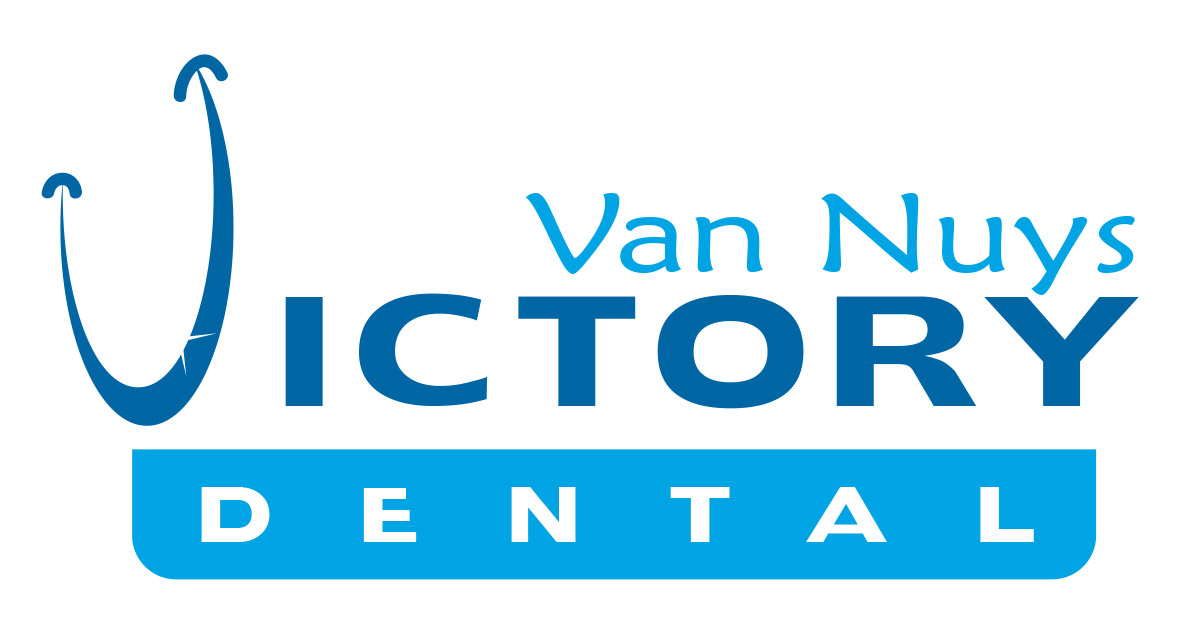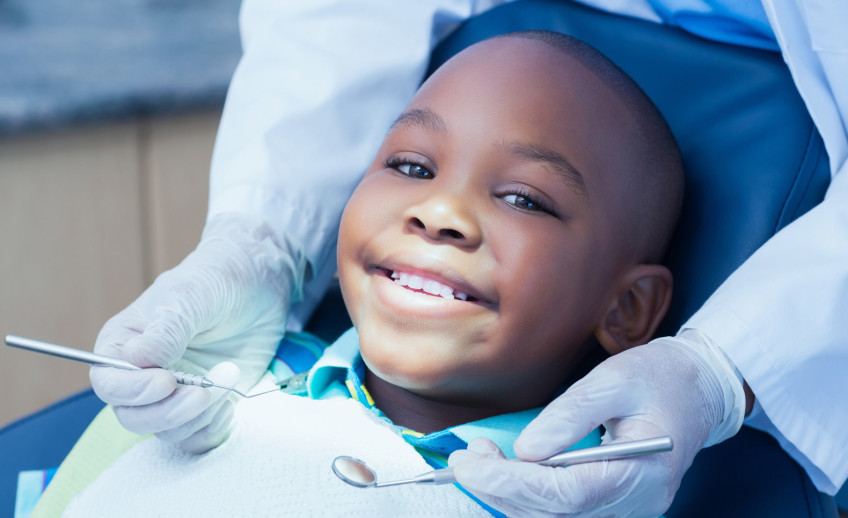In the dentist’s office, the team receives all kinds of patients and these professionals are skilled to perfectly match the type of treatment to the specific needs of the patients. The patients who come into the clinic are of varying ages and the when children come in, they are received differently. Patients have different needs and to be effective as healthcare practitioner, it is important that the dentist and his team equips himself with the right skills to address these specific needs.
Dealing with children is an art. There are specific skills that enable people to properly engage with childre. Every human goes through two sets of teeth, the deciduous or baby teeth and the succeedaneous or permanent teeth. The baby teeth are twenty in a complete set and they are different in anatomy and physiology to the thirty-two permanent teeth that replace them. The first baby teeth erupt when the child is about six months old, and as soon as they come out they have to be taken care of.
We provide the following dental services for children:
Oral Prophylaxis: Dental cleaning for children are far simpler compared to that of adults with permanent teeth. The baby teeth are very small and the mouths of children are a fairly small operative area so the use of the ultrasonic scaler is not necessary. Hand instruments are enough to scale and clean the teeth to get rid of adherent plaque and stains. After this, normal brushing and flossing can follow.
Dental Sealants: The teeth have deep grooves and fissure on the occlusal surface. These areas collect food particles and they become a perfect breeding ground for bacteria to grow and develop. To prevent dental infection, dental sealants are applied on the occlusal surface to cover and protect the tooth, making them less vulnerable.
Topical Fluoride Application: Fluoride strengthens teeth and makes them stronger against bacterial attack. When the teeth are developing dosing them with fluoride is going to be helpful and in the dental office topical fluoride can be applied, either with the use of a tray in its gel form or it can be painted on in its varnish form. Fluoride solutions are flavoured so they are easy to give to patients.
Pulp Treatment: Pulp treatments can also be given to children when normal restorations are no longer ideal. Since their roots exfoliate at the arrival of the permanent teeth, however, a resorbable medicament is used and often, the treatment is limited to the crown. Pulpotomy is pulp treatment limited to the coronal pulp. The pulp stump is treated and then it is sealed.
Stainless Steel Crown and Strip-off Crown: Normal crown fabrications are not ideal for children. The procedure involved is too tasking for them so ready-made crowns are given, instead, for more severe restorations and also after pulp treatment.
Nitrous (Gas) Sedation: Given their age and understanding, pediatric patients are not always very receptive to treatment. The need for sedation may be required, and this demands a specific skill from dentists.

